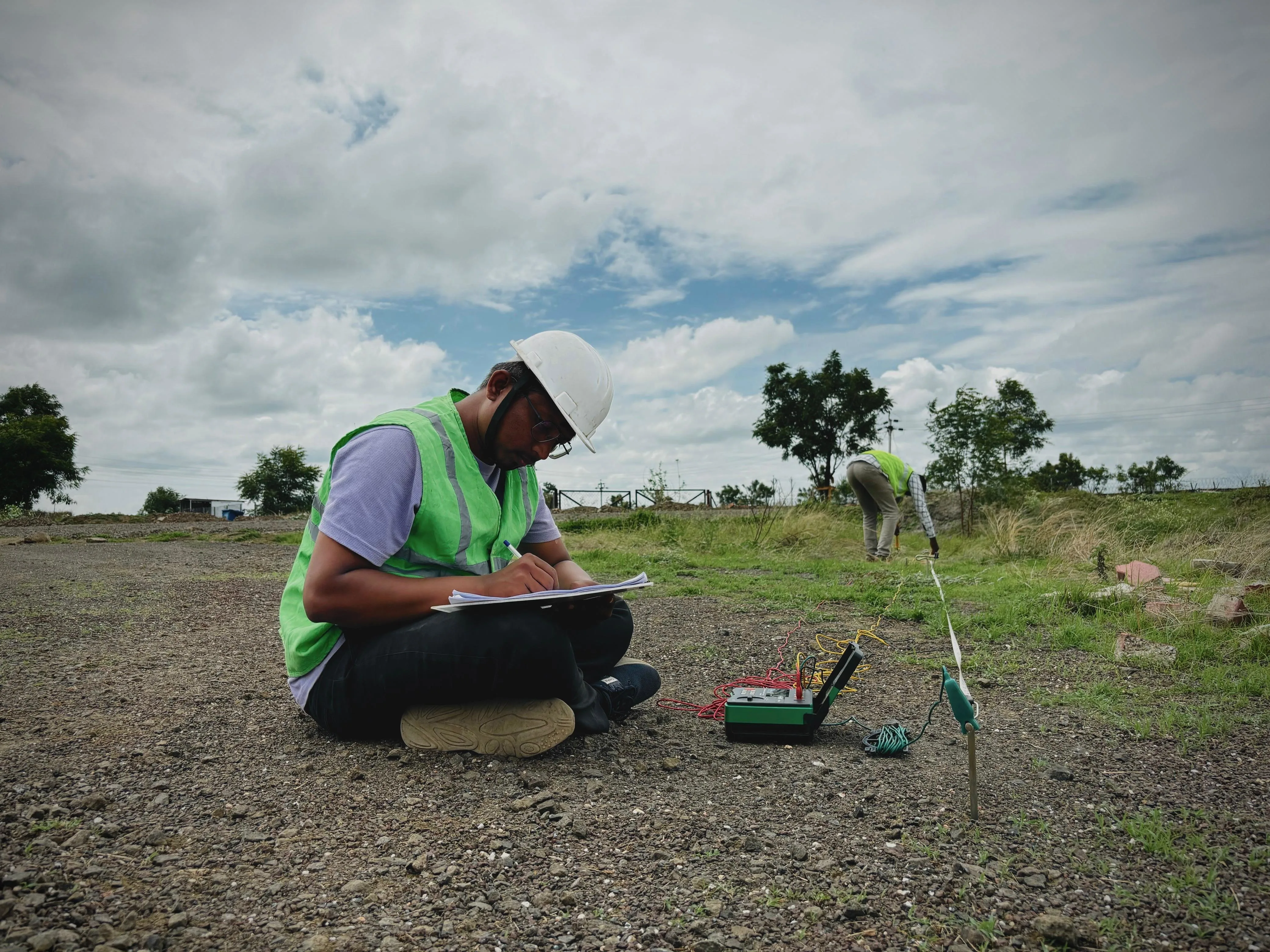
Earth Resistivity Tests
Earth Resistivity Tests are a key geophysical investigation technique used to measure the electrical resistivity of soil and rock. This test helps engineers and geologists detect subsurface features such as groundwater zones, voids, and variations in soil composition. Widely applied in geotechnical investigations, groundwater exploration, and environmental studies, Earth Resistivity Testing provides accurate information on soil properties, moisture content, and potential anomalies for construction and civil engineering projects.
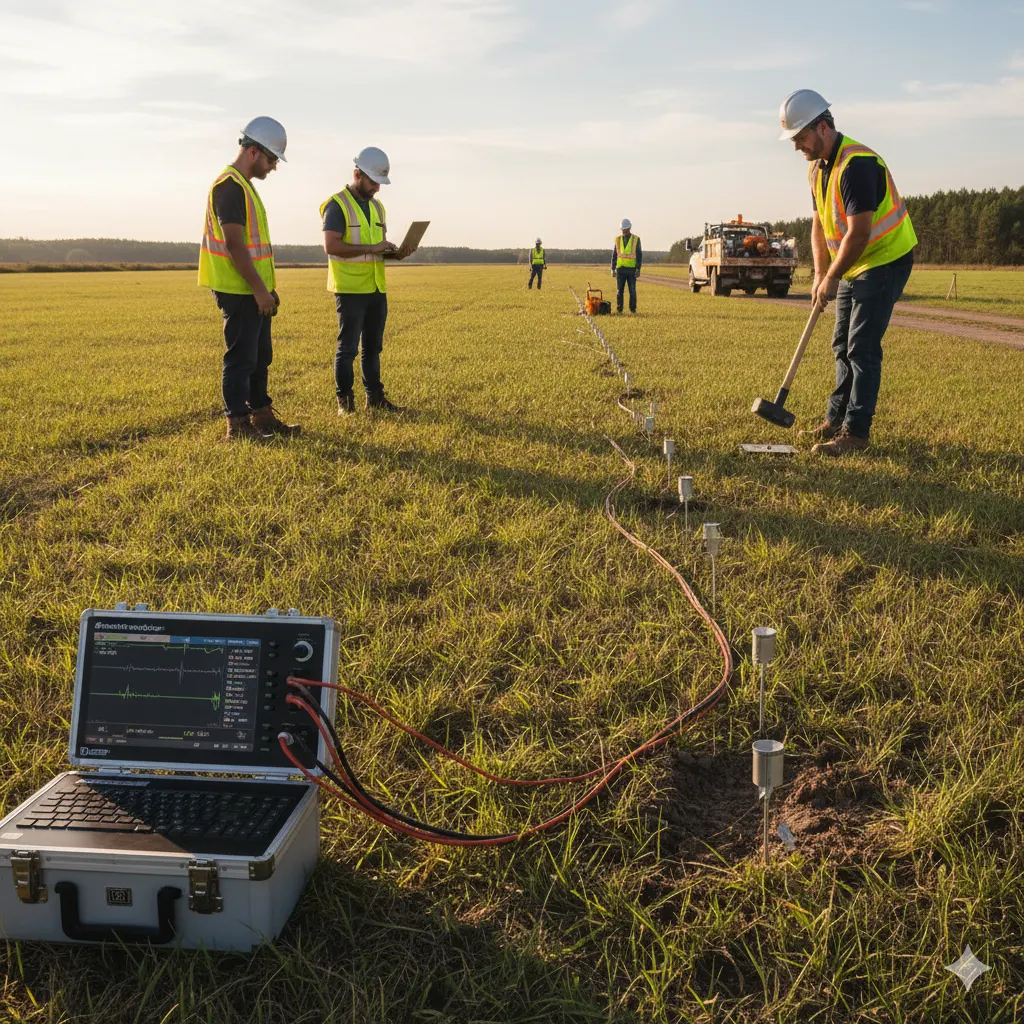
Seismic Refraction Test (SRT)
The Seismic Refraction Test is a critical tool in geotechnical and civil engineering to determine subsurface layer velocities. By analyzing seismic wave travel times, SRT helps identify soil stiffness, bedrock depth, and layer composition. This test is essential for foundation design, road construction, and engineering site investigations, providing accurate subsurface profiles for safe and efficient project planning.
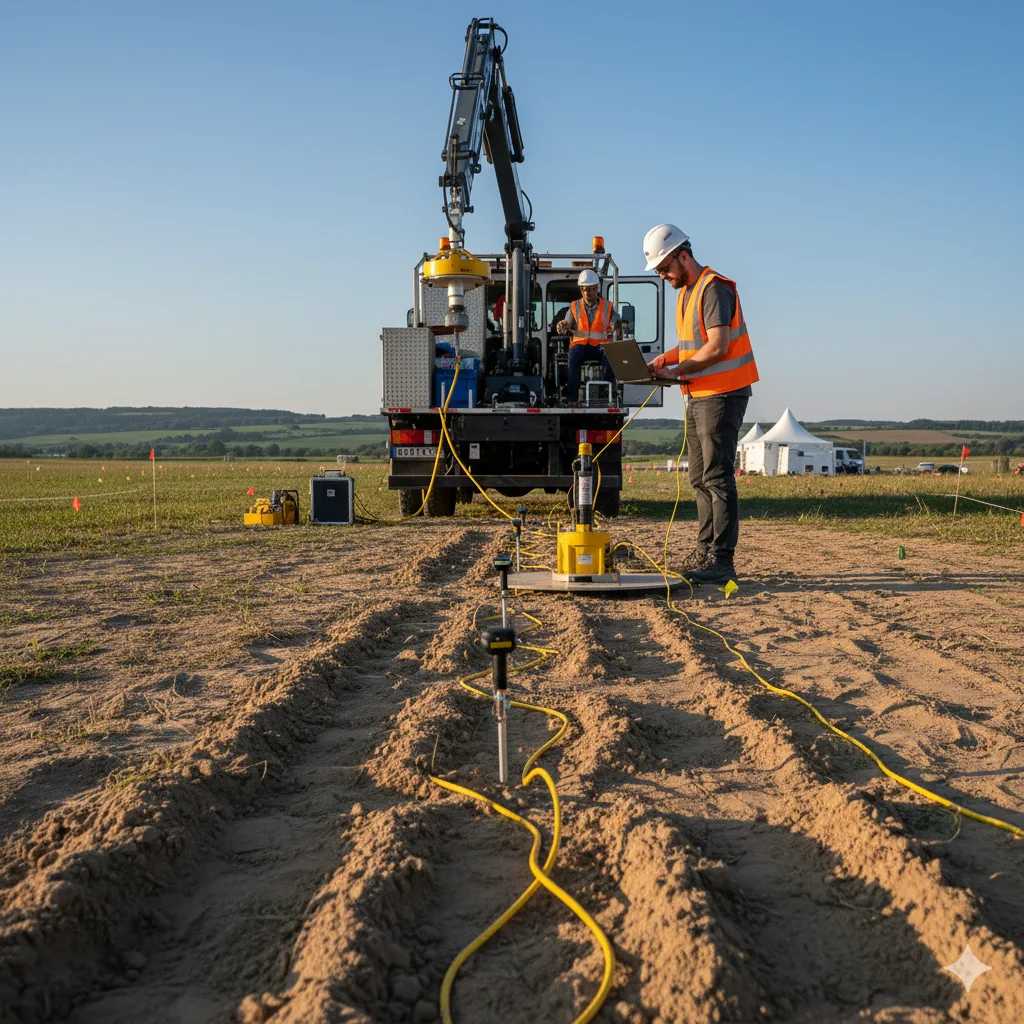
Soil Wave Propagation
Soil Wave Propagation Testing measures the behavior of seismic waves as they travel through soil layers. It helps determine dynamic soil properties, shear modulus, and stiffness. Commonly used in earthquake engineering, geotechnical site assessment, and foundation design, this test ensures structures are built on soil that meets safety and performance standards.
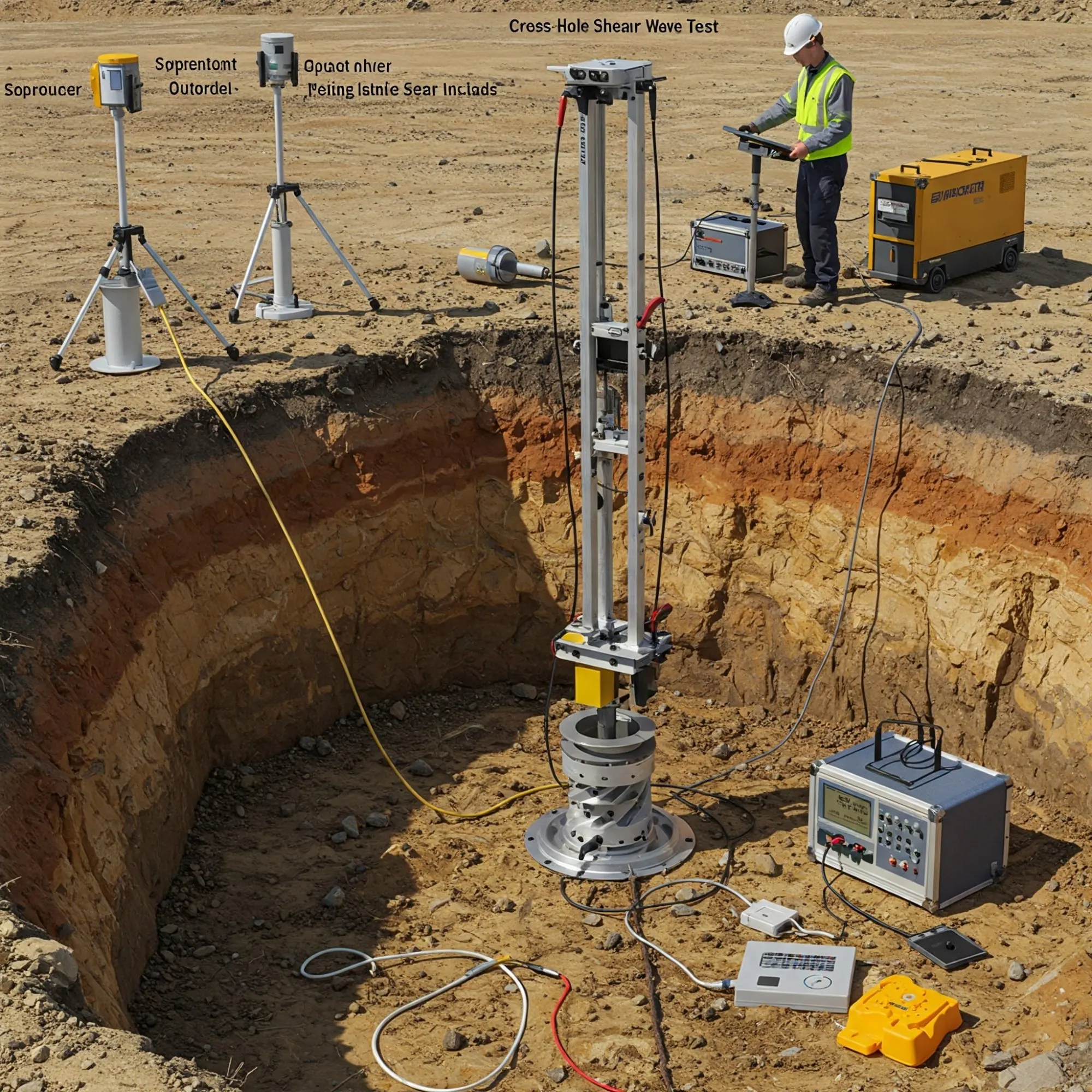
Seismic Cross Hole Test
Seismic Cross Hole Testing is performed between two or more boreholes to measure shear and compression wave velocities. This test provides highly accurate data on dynamic soil and rock properties, including shear modulus and stiffness. It is widely used in geotechnical engineering, foundation design, and structural safety analysis for high-rise buildings, bridges, and critical infrastructure.
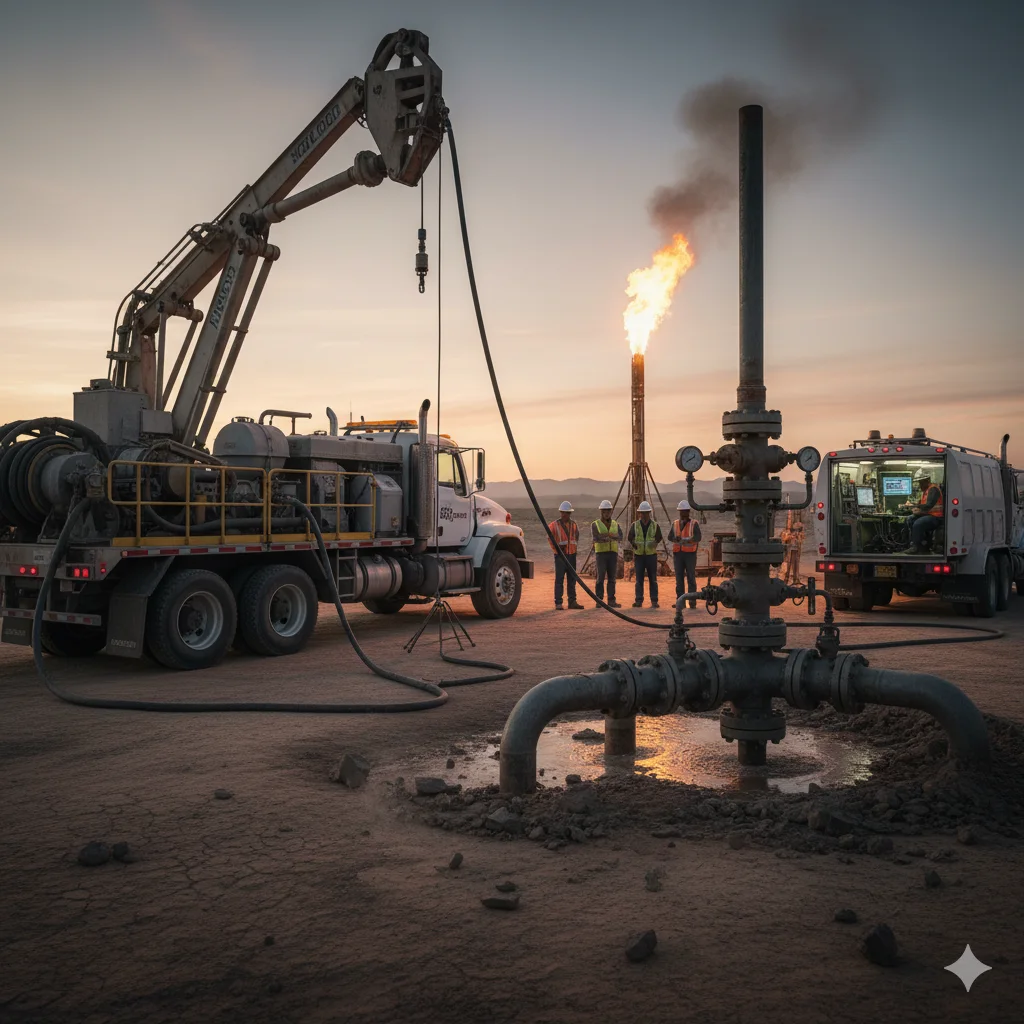
Hydrofracture Test
Hydrofracture Testing, or hydraulic fracturing of boreholes, measures in-situ stress in rock formations. By applying water pressure until rock fractures, engineers can determine stress magnitude and orientation. This test is crucial for rock mechanics studies, tunnel and underground excavation design, and geotechnical stability analysis, ensuring safe and efficient engineering solutions.
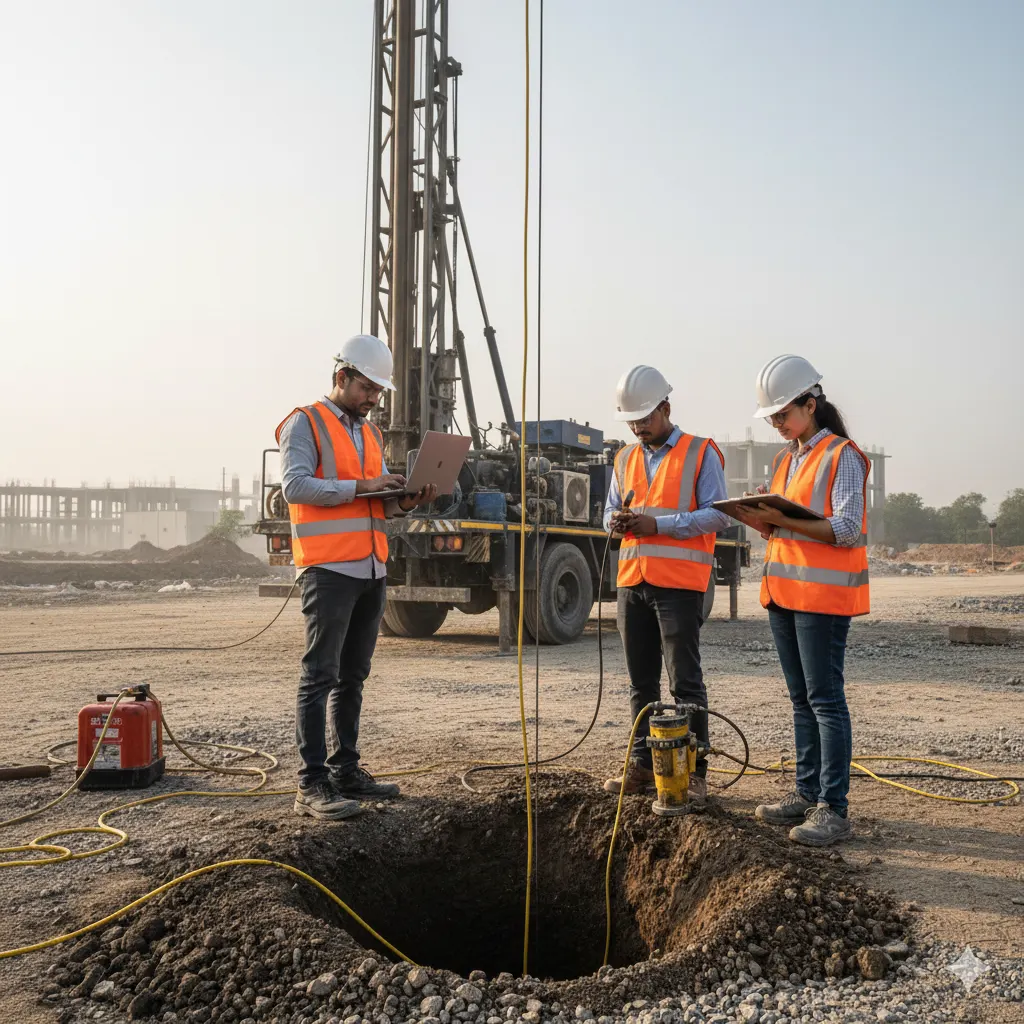
Seismic Down Hole Test
Seismic Down Hole Testing measures shear and compression wave velocities at various soil depths. This method provides shear wave velocity profiles and dynamic soil properties, which are essential for seismic site characterization, earthquake-resistant design, and foundation engineering. It helps engineers design safe and durable structures based on accurate soil behavior data.
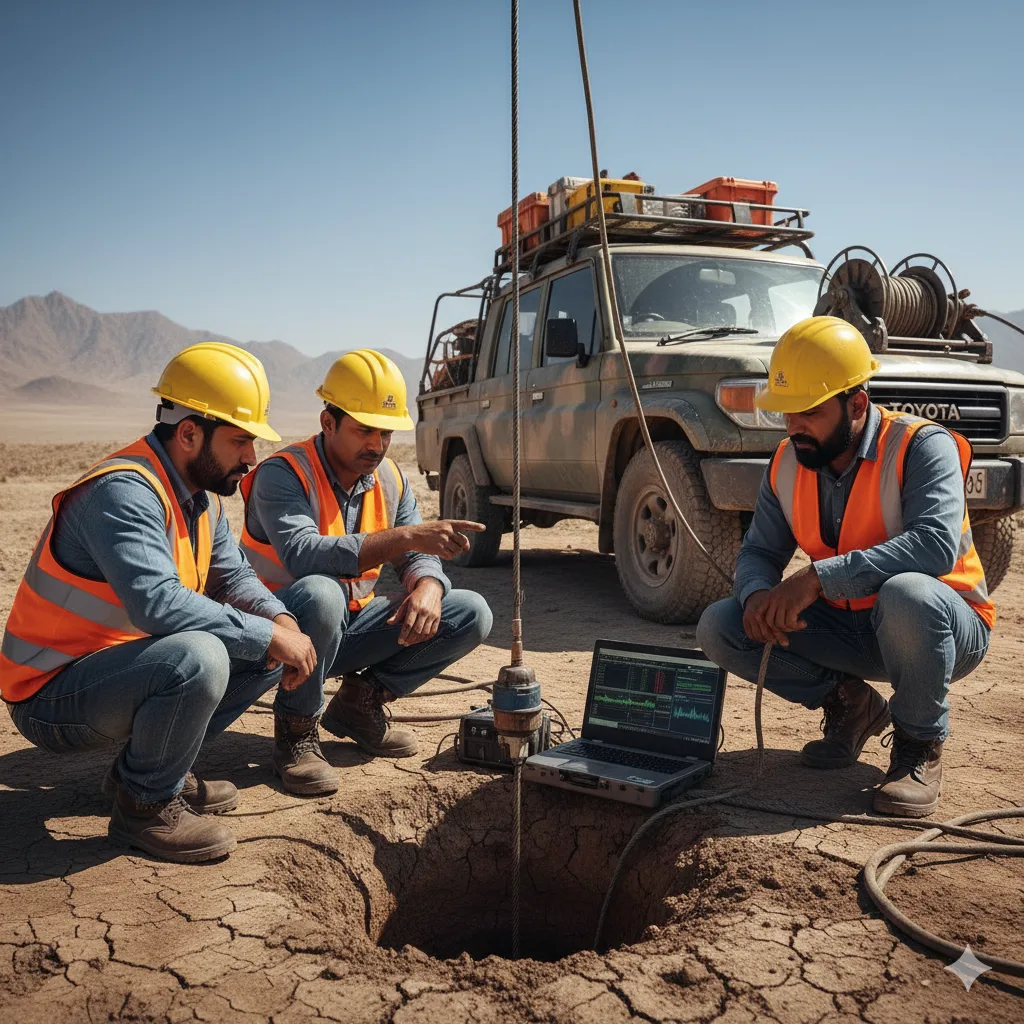
Acoustic Logging of Boreholes
Acoustic Logging is a geophysical method used to analyze wave propagation through rock and soil within boreholes. It provides data on rock quality, fractures, and elastic properties. Widely used in foundation design, tunneling projects, and geotechnical investigations, acoustic logs help ensure that structures are built on stable and reliable ground.
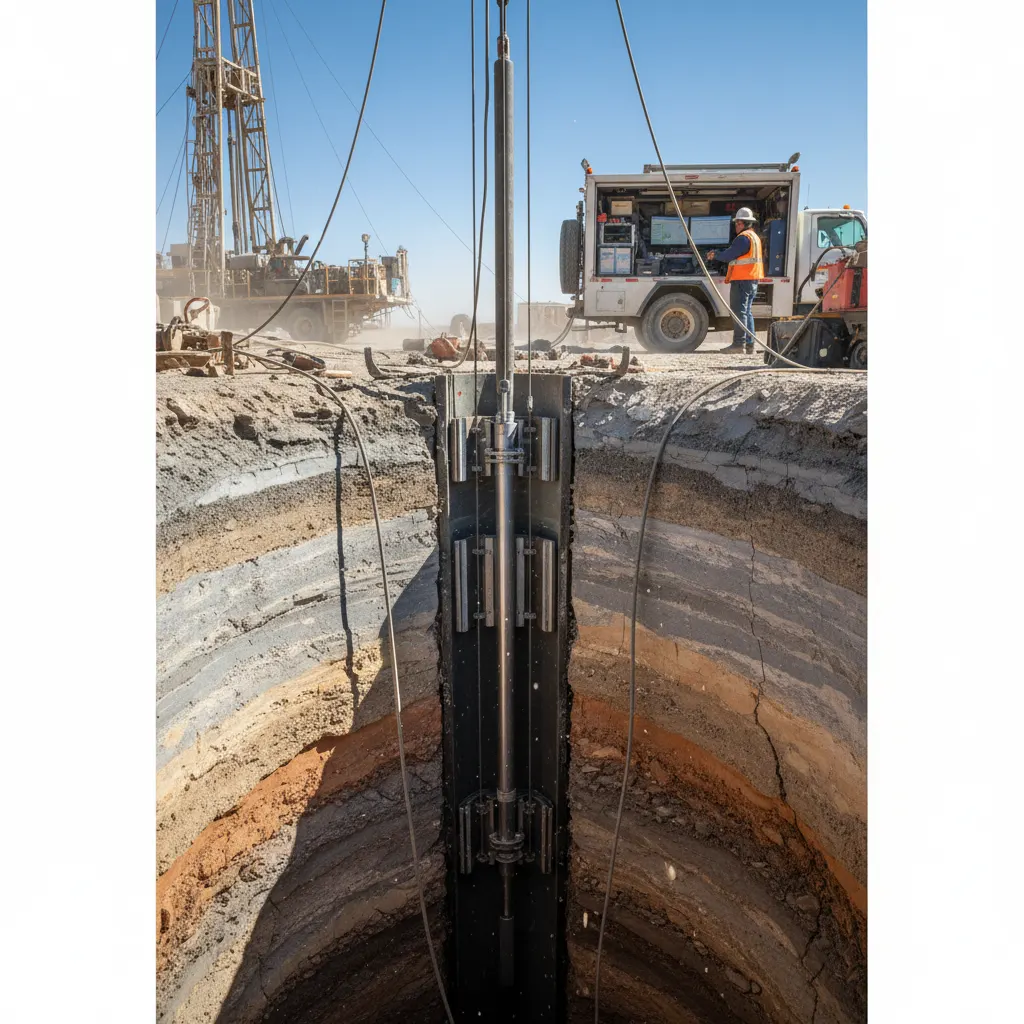
Density Logging of Boreholes
Density Logging measures the in-situ density of subsurface soils and rocks using gamma-ray or neutron probes. This information is vital for calculating overburden stress, porosity, and material quality, which are critical in geotechnical engineering, foundation planning, and construction safety assessment. Density logs provide engineers with reliable data for safe and optimized structural design.
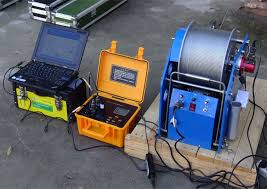
Electrical Logging of Boreholes
Electrical Logging evaluates the electrical resistivity and conductivity of soils and rocks along boreholes. It helps detect groundwater zones, lithology changes, and potential contamination, making it a valuable tool for hydrogeological studies, geotechnical investigations, and environmental monitoring. Electrical logs ensure accurate subsurface characterization for safe construction and resource management.
.webp)
Multi-channel Analysis of Surface Waves (MASW)
MASW is a non-invasive geophysical method that measures shear wave velocity profiles using surface waves. It provides detailed information on soil stiffness, layer thickness, and dynamic properties, crucial for seismic site characterization, earthquake engineering, and foundation design. MASW helps engineers assess subsurface conditions accurately to ensure safe and cost-effective construction projects.
